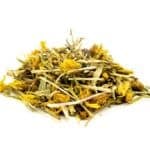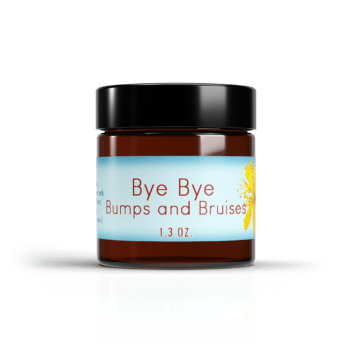
St John’s Wort Herb for Herbal Medicine
St John s Wort Herb for Herbal Medicine
St. John’s Wort has been used for centuries in herbal medicine. Known for its vibrant yellow flowers, this plant is more than just a pretty face in the garden. It’s renowned for its potential health benefits and has become a staple in natural remedies. In this article, we’ll dive into the benefits of St. John’s Wort, how it’s used in herbal medicine, and some side effects you should be aware of.
What is St. John’s Wort?
St. John’s Wort, or Hypericum perforatum, is a flowering plant that belongs to the Hypericaceae family. It’s native to Europe but now grows in many parts of the world. The plant has been used in traditional medicine for thousands of years, with its first recorded use dating back to ancient Greece.
Historical Uses
Historically, St. John’s Wort was used for a range of ailments. It was believed to ward off evil spirits and was often used as a protective charm. In medieval times, it was used to treat wounds and soothe nerves. Today, it’s primarily known for its potential mental health benefits.
St. John’s Wort Benefits
St. John’s Wort is most famous for its use in treating depression and mood disorders. But its benefits don’t stop there. Here’s a closer look at what this herb can offer:
Depression and Mood Disorders
One of the most well-known uses of St. John’s Wort is for alleviating symptoms of depression. Studies suggest it may be as effective as some conventional antidepressants, particularly for mild to moderate depression. It works by increasing the levels of serotonin, dopamine, and norepinephrine in the brain, chemicals that help regulate mood.
Anxiety Relief
In addition to its antidepressant effects, St. John’s Wort may also help reduce anxiety. By balancing neurotransmitters, it can promote a calmer state of mind, helping those who suffer from anxiety disorders.
Skin Health
St. John’s Wort is sometimes applied topically to heal wounds and burns. Its anti-inflammatory and antibacterial properties can help reduce pain and speed up healing.
Menopausal Symptoms
Some women find relief from menopausal symptoms such as mood swings and hot flashes with St. John’s Wort. While more research is needed, early studies suggest it may help manage these symptoms when used alone or in combination with other herbal remedies.
How to Use St. John’s Wort
St. John’s Wort is available in various forms, including capsules, tablets, teas, and tinctures. The method you choose will depend on your personal preference and the specific condition you’re looking to treat.
Dosage Recommendations
The appropriate dosage of St. John’s Wort can vary depending on factors like age, health status, and the specific formulation used. It’s crucial to follow the instructions on the product label or consult with a healthcare provider for personalized advice.
Incorporating into Daily Routine
For those interested in using St. John’s Wort as a herbal remedy, it’s often recommended to take it at the same time each day to maintain consistent levels in the body. Some people prefer taking it in the morning to avoid potential sleep disturbances.
Potential Side Effects of St. John’s Wort
While St. John’s Wort is generally considered safe for many people, it can cause side effects and interact with other medications.
Common Side Effects
Some users of St. John’s Wort may experience mild side effects, including:
- Dry mouth
- Dizziness
- Gastrointestinal symptoms
- Fatigue
These effects are usually mild and often subside as the body adjusts.
Serious Interactions
St. John’s Wort can interact with several medications, potentially reducing their effectiveness or increasing the risk of side effects. Notably, it can interact with:
- Antidepressants
- Birth control pills
- Blood thinners
- HIV medications
It’s crucial to consult with a healthcare provider before starting St. John’s Wort, especially if you are taking other medications or have existing health conditions.
Who Should Avoid St. John’s Wort?
Certain individuals should avoid using St. John’s Wort, including:
- Pregnant or breastfeeding women
- Individuals with bipolar disorder
- Those undergoing surgery (due to potential interactions with anesthesia)
Consultation with a healthcare professional is essential to determine if St. John’s Wort is safe for you.
Conclusion
St. John’s Wort offers a range of potential health benefits, particularly for those dealing with mood disorders. Its natural properties make it an appealing option for those interested in herbal medicine. However, it’s important to approach its use with caution due to potential side effects and interactions. Consulting with a healthcare provider can help ensure that you use St. John’s Wort safely and effectively.
Whether you’re considering St. John’s Wort for depression, anxiety, or another health issue, understanding its benefits and risks can help you make an informed decision about whether it’s the right choice for your needs. As with any supplement, it’s crucial to prioritize safety and professional guidance.



